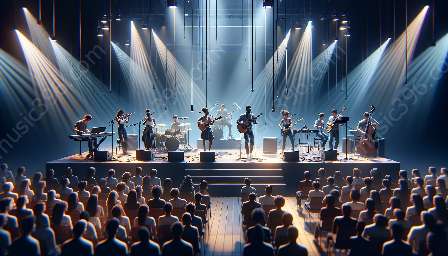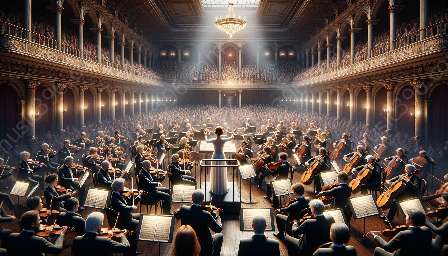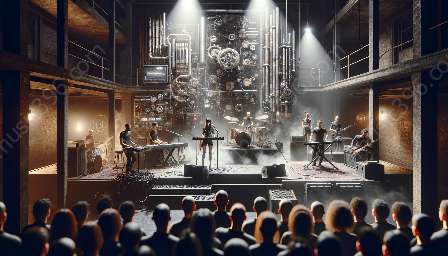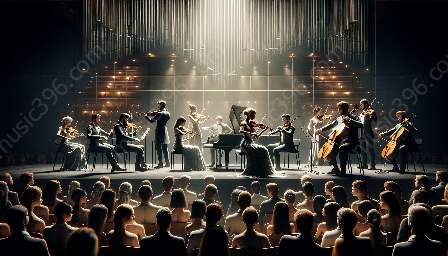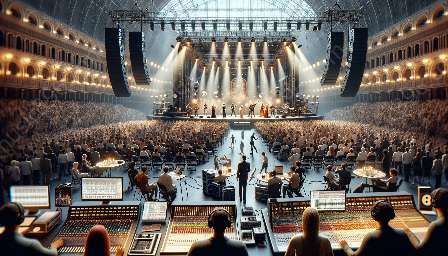Music performance is a rich and complex art form that requires a combination of skill, creativity, and emotional intelligence to truly captivate the audience. Successful music performances involve a range of key elements that contribute to a memorable and impactful experience for both the performers and the audience.
Technical Proficiency
One of the fundamental elements of a successful music performance is technical proficiency. This encompasses a musician's ability to master their instrument or vocal skills, demonstrating a deep understanding of musical theory, rhythm, and dynamics. A high level of technical proficiency ensures that the music is performed accurately and proficiently, laying a solid foundation for the rest of the performance.
Emotional Expression
Beyond technical skill, successful music performances are characterized by emotional expression. Musicians must convey genuine emotions through their performance, allowing the audience to connect with the music on a deeper level. Whether it's the raw intensity of a rock performance or the tender vulnerability of a classical piece, emotional expression adds depth and authenticity to the music, creating a profound impact on the listeners.
Stage Presence
Effective stage presence is another crucial element of a successful music performance. This includes a combination of confidence, charisma, and engaging communication with the audience. A strong stage presence not only captures the attention of the audience but also elevates the overall energy and atmosphere of the performance, leaving a lasting impression on the spectators.
Collaborative Chemistry
For ensemble performances, collaborative chemistry among the musicians is essential. Successful music performances often involve seamless cooperation and synergy between the performers, creating a unified and harmonious sound. The ability to listen, respond, and adapt to one another's musical cues fosters a sense of unity and cohesion, culminating in a captivating and cohesive performance.
Artistic Interpretation
Artistic interpretation is the process of infusing a performance with the musician's unique artistic vision. It involves making creative choices regarding phrasing, dynamics, tempo, and overall musical interpretation, allowing the performers to convey their individuality and perspective through the music. This element adds richness and depth to the performance, making it a personalized and authentic experience for both the performers and the audience.
Technical Production
Behind the scenes, technical production plays a vital role in the success of a music performance. This includes factors such as sound engineering, lighting, stage design, and overall technical setup. A seamless technical production enhances the aesthetic and auditory experience, ensuring that the audience can fully immerse themselves in the music without distractions or disruptions.
Connection with the Audience
Finally, a successful music performance involves establishing a genuine connection with the audience. This interaction can take various forms, such as engaging in meaningful banter, inviting audience participation, or simply creating an atmosphere where the audience feels seen and valued. Building a rapport with the audience fosters a sense of mutual appreciation and respect, making the performance a memorable and inclusive experience for everyone involved.
By integrating these key elements into their performances, musicians can create deeply impactful and successful music experiences that resonate with audiences and leave a lasting impression. Whether it's a small intimate concert or a grand stage performance, the combination of technical proficiency, emotional expression, stage presence, collaborative chemistry, artistic interpretation, technical production, and connection with the audience forms the foundation for an unforgettable music performance.


